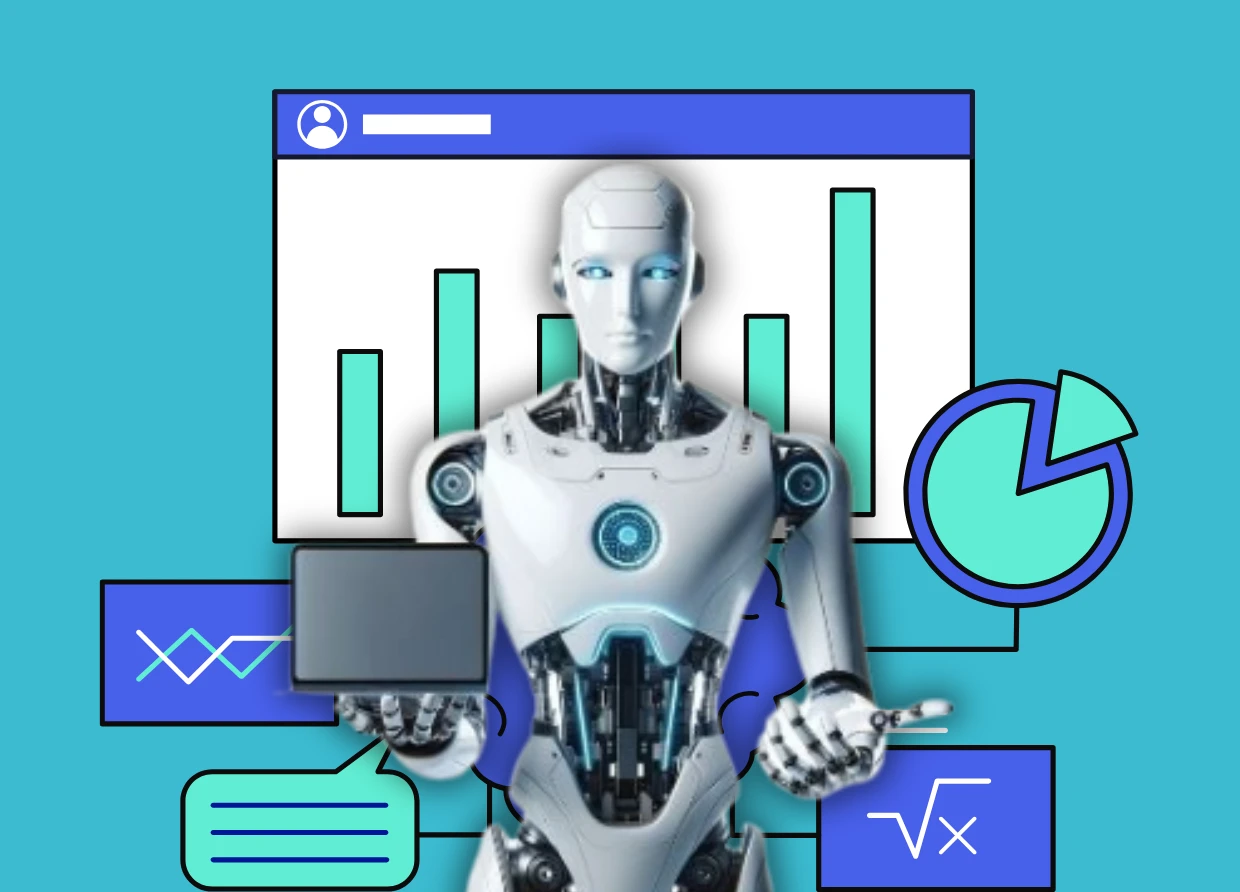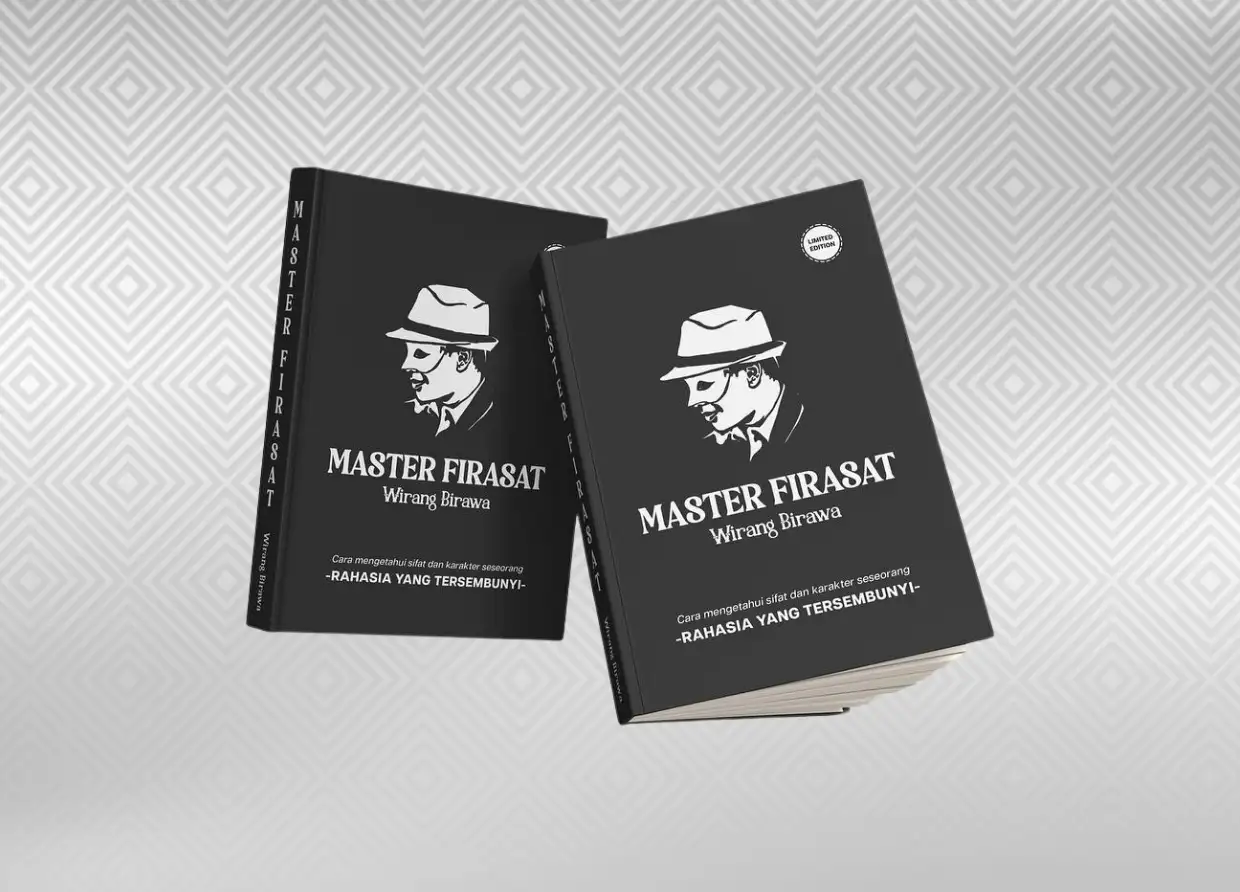GENERATIVE AI STRUGGLES WITH LEGAL ANALYSIS: A DEEP DIVE INTO CHATGPT’S HANDLING OF SECTION 230
Despite Impressive Progress, ChatGPT’s Legal Research Tool Falls Short on Critical Updates and Context

Generative AI is often touted as a tool capable of revolutionizing a variety of industries, but in the world of law, its capabilities are still under scrutiny. While platforms like OpenAI’s ChatGPT continue to improve, they’ve also been responsible for serious missteps—producing fabricated research citations and misrepresenting legal cases. Despite these challenges, OpenAI recently rolled out a new “deep research” feature for its Pro users, promising a more powerful tool capable of handling complex legal tasks. Yet, as one test case reveals, the tool still has significant shortcomings when it comes to comprehensively addressing evolving legal issues.
In a bid to test ChatGPT’s “deep research” abilities, Kylie Robison, a colleague at The Verge, tasked the tool with summarizing federal and Supreme Court rulings over the last five years on Section 230 of the Communications Decency Act. This particular law—widely referred to as the law that "created the internet"—has seen numerous rulings in recent years that could dramatically alter its application. The request seemed simple enough: a comprehensive report covering recent legal decisions, ideally including insights into how courts are interpreting this critical statute.
What ChatGPT returned was a summary that appeared mostly accurate at first glance. The tool appropriately referenced valid cases, carefully documenting their outcomes and providing footnote links for further review. In the world of generative AI, this could be seen as a step forward. But upon closer examination, the report had glaring issues that no human expert would miss.
Legal expert Eric Goldman, known for his thorough coverage of Section 230, reviewed the report and found some significant flaws. Although the cases referenced by ChatGPT were real, Goldman noted that the tool failed to highlight the most important rulings. More importantly, the summary lacked the context that a human expert would provide—such as the political forces and growing opposition to tech companies that have influenced recent rulings. The report also omitted critical 2024 decisions, including a pivotal Third Circuit ruling against TikTok’s use of Section 230’s protections, which could have profound implications for how the law is applied to social media platforms.
The main problem with ChatGPT’s deep research feature was not an issue of factual accuracy, but rather its failure to capture the latest developments in a rapidly changing legal landscape. Despite declaring the coverage to span 2019-2024, the report failed to include a full year’s worth of relevant legal decisions. As Goldman pointed out, 2024 has been a watershed year for Section 230, with cases potentially marking the beginning of the law's decline. Yet, this information was glaringly absent from ChatGPT’s summary.
This omission is more than just a minor error. It undermines the value of the tool as a reliable legal resource, particularly for users unfamiliar with the subject matter. Generative AI's strength lies in its ability to synthesize vast amounts of data, but when it misses key developments, the result is a skewed narrative—one that could mislead those relying on its analysis.
While some might chalk this up to a simple training data issue, the reality is that ChatGPT has access to up-to-date information, so there's no reason it should have missed critical decisions from 2024. The limitations of ChatGPT’s deep research feature become even more apparent when compared to human experts, who can contextualize legal trends and spot important nuances that may not be immediately evident in raw case data.
Despite these shortcomings, the deep research tool represents a significant technological advancement. It is able to produce coherent, technically detailed reports in a fraction of the time it would take a human expert. The issue lies in its failure to grasp the larger picture, which remains essential for fully understanding dynamic fields like law. As Goldman observes, the real potential for tools like ChatGPT lies not in replacing experts but in complementing them—helping those who already possess a deep understanding of the subject to dig deeper or explore new avenues.
For now, generative AI is still a work in progress in legal research. It can handle straightforward queries, but when it comes to analyzing complex, evolving topics—especially those as nuanced as Section 230—it still has a long way to go. Until then, it seems AI-powered tools are best suited for users who are already experts in their field, rather than those looking to rely on AI for thorough, up-to-date analysis.
#THE S MEDIA #Media Milenial #Generative AI #ChatGPT #legal research #Section 230 #Communications Decency Act #AI tools #legal analysis #deep research #OpenAI #legal experts #AI limitations #2024 rulings #TikTok #law and technology #artificial intelligence #legal trends #federal court rulings #Supreme Court cases #Section 230 challenges #AI-generated reports #Eric Goldman #tech regulation #AI in law


























